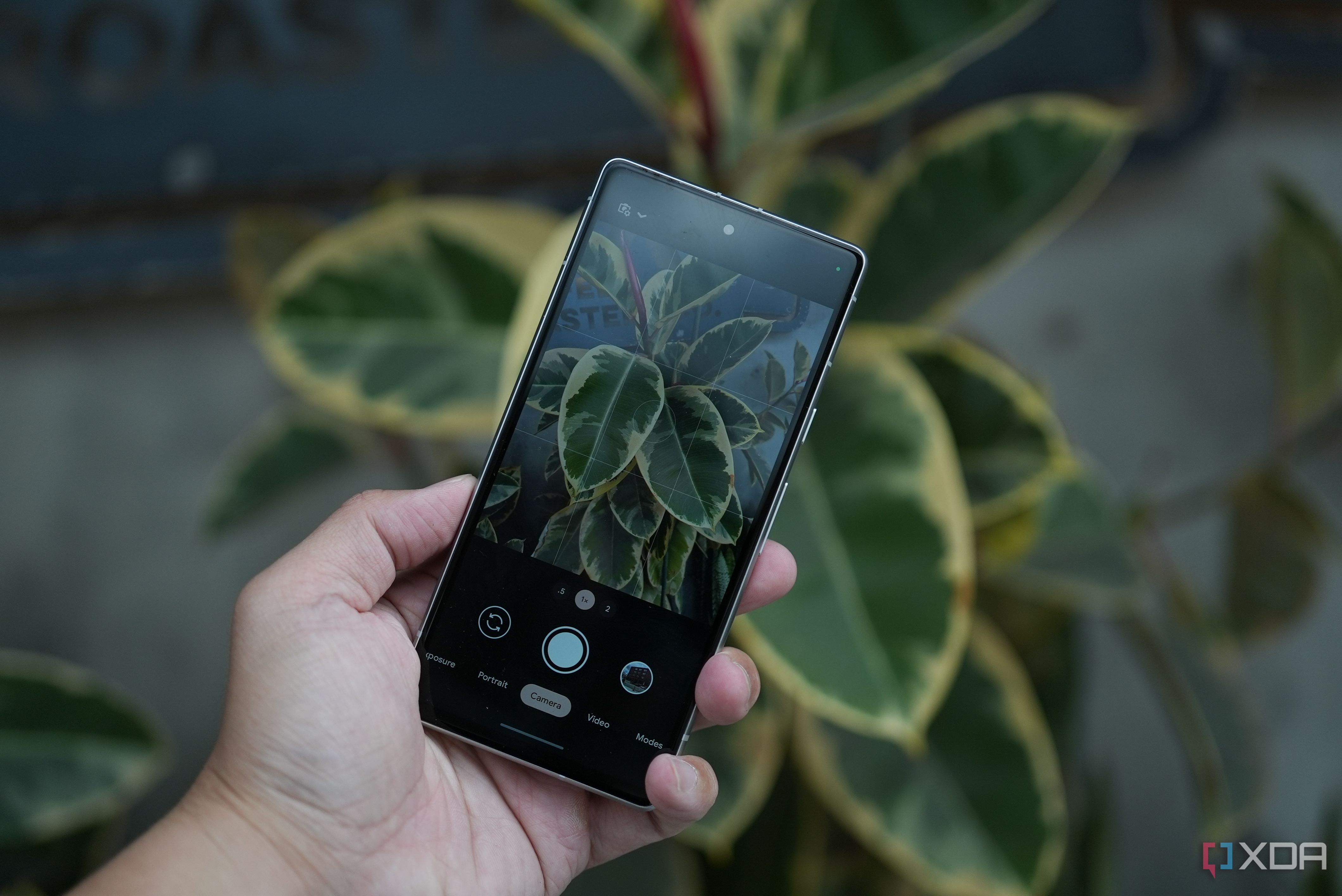Google's latest mid-range phone, the Pixel 7a, was released earlier this year to almost universal acclaim, with most reviewers praising it for the sheer value it offers at a relatively affordable price. One of the biggest attractions of the device is its Tensor G2 processor, which is also found inside the much more expensive Pixel 7 and Pixel 7 Pro, potentially offering similar performance at a much lower price point. However, a new report now suggests that the chip in the mid-ranger may not be identical to the one found in the pricier devices.
According to a series of tweets by notable tipster Kamila Wojciechowska, the Tensor G2 in the Pixel 7a uses a custom form of packaging called IPOP instead of Samsung's proprietary FOPLP-PoP packaging used the by Pixel 7 chip. The former is a newer method, but as it turns out, newer isn't always better. According to Samsung, the IPOP packaging technology is larger and thicker, and runs hotter than FOPLP.
While Wojciechowska couldn't confirm the real-life differences between the IPOP and FOPLP, some reviewers, especially in tropical countries like India, pointed out that the Pixel 7a runs extremely hot when used outdoors during the brutal summer months. The Pixels have been known to have poor thermal dissipation at the best of times, and the report that the Pixel 7a could run even hotter than its siblings must be a tough pill to swallow for its users.
Apart from the Pixel 7, 7 Pro, and 7a, the Tensor G2 also powers a couple of other devices, including the new Pixel tablet and the Pixel Fold. With the revelation about the existence of a different (possibly inferior) version of the Tensor G2, many potential customers would be wondering which version Google chose for these two devices. For now, only Google and Samsung probably know the answer, and neither is likely to talk any time soon.

